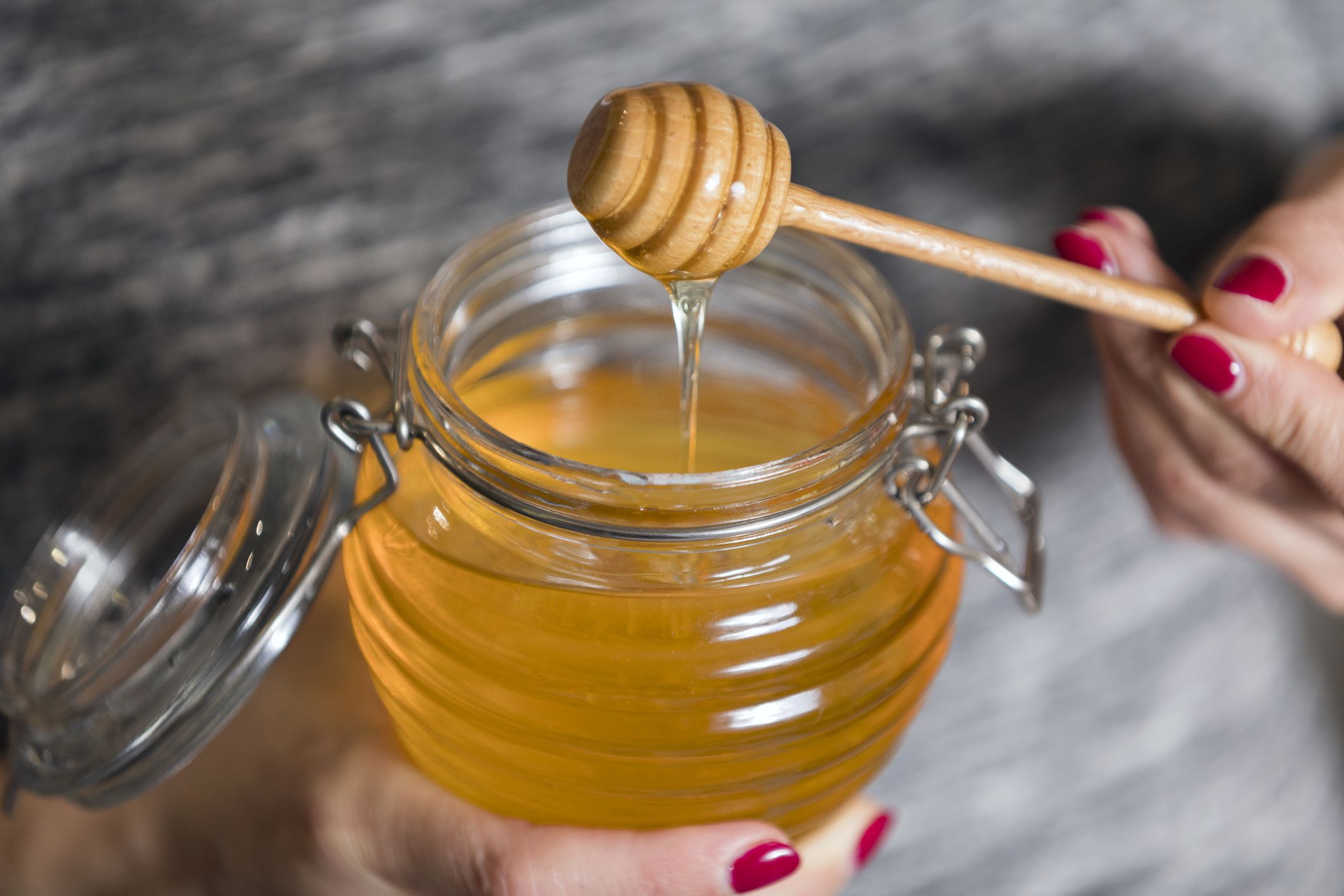Introduction to Manuka Honey
Manuka honey is a type of honey native to New Zealand, renowned for its unique properties and myriad health benefits. It is produced by bees that pollinate the Manuka bush, also known as Leptospermum scoparium. This honey has gained global recognition for its antibacterial, anti-inflammatory, and antioxidant properties.
What Makes Manuka Honey Unique?
Benefits of Manuka Honey
Manuka honey stands out from other types of honey due to its high levels of methylglyoxal (MGO) and hydrogen peroxide, which give it its powerful antibacterial properties. It is also rich in antioxidants, vitamins, and minerals, making it a versatile remedy for various health issues.
The Science Behind Manuka Honey
Unique Components
The potency of Manuka honey can be attributed to its unique chemical composition. Methylglyoxal (MGO) is a key compound responsible for its antibacterial activity, while hydrogen peroxide provides additional antimicrobial effects.
UMF Rating System
The Unique Manuka Factor (UMF) is a grading system used to measure the antibacterial strength of Manuka honey. The higher the UMF rating, the greater the therapeutic benefits. Consumers should look for products with a UMF rating of 10 or higher for optimal efficacy.
Uses of Manuka Honey
Manuka honey has a wide range of applications, making it a staple in both traditional and modern medicine.
Medical Applications
Due to its potent antibacterial properties, Manuka honey is used to treat wounds, burns, and infections. It can also soothe sore throats and alleviate symptoms of respiratory conditions.
Skincare
Manuka honey is prized for its ability to nourish and rejuvenate the skin. It can be used to treat acne, eczema, and other skin conditions, thanks to its anti-inflammatory and moisturizing effects.
Culinary Uses
In addition to its medicinal properties, Manuka honey adds a unique flavor profile to dishes and beverages. It can be drizzled over yogurt, used as a sweetener in tea, or incorporated into salad dressings and marinades.
How to Choose High-Quality Manuka Honey
Understanding Labels
When purchasing Manuka honey, it’s essential to look for products labeled with a UMF rating and a MGO content. This ensures that the honey meets the highest standards of quality and efficacy.
Authenticity Tests
To verify the authenticity of Manuka honey, consumers can perform simple tests such as the water solubility test or the taste test. Genuine Manuka honey will dissolve in water and exhibit a distinct taste and texture.
Manuka Honey Production Process
Harvesting
Manuka honey is harvested from beehives located in areas abundant with Manuka bushes. Beekeepers carefully collect the honeycomb frames and extract the honey using specialized equipment.
Processing
After extraction, Manuka honey undergoes minimal processing to preserve its natural properties. It is filtered to remove impurities and then packaged for distribution.
Manuka Honey vs. Regular Honey
Key Differences
While both Manuka honey and regular honey offer health benefits, Manuka honey contains higher levels of bioactive compounds, making it more potent in terms of antibacterial activity and antioxidant content.
Manuka Honey Myths Debunked
Misconceptions and Facts
Despite its popularity, there are several myths surrounding Manuka honey. Contrary to common belief, Manuka honey does not cure all ailments, but it does offer valuable therapeutic properties when used correctly.
Potential Side Effects and Precautions
Allergies
Individuals with pollen or bee venom allergies should exercise caution when consuming Manuka honey, as it may trigger allergic reactions in some people.
Overconsumption Risks
While Manuka honey is generally safe for most individuals, excessive consumption can lead to digestive issues or an increase in blood sugar levels. It is best consumed in moderation as part of a balanced diet.
Incorporating Manuka Honey into Your Daily Routine
To reap the benefits of Manuka honey, consider incorporating it into your daily regimen. Whether used topically or ingested, this natural remedy can enhance your overall health and well-being.
Manuka Honey Recipes
DIY Face Masks
Create a luxurious face mask by mixing Manuka honey with ingredients such as yogurt, oats, or avocado. Apply the mask to your skin for a hydrating and rejuvenating treatment.
Immune-Boosting Drinks
Kickstart your day with a refreshing immune-boosting drink made with Manuka honey, lemon, ginger, and warm water. This concoction is packed with vitamins and antioxidants to support your immune system.
Sustainability and Ethical Practices
Environmental Impact
Sustainable beekeeping practices are essential to preserving bee populations and protecting fragile ecosystems. By supporting ethical honey producers, consumers can help promote environmental conservation efforts.
Fair Trade Practices
When purchasing Manuka honey, look for products that adhere to fair trade principles and support local communities. By choosing ethically sourced honey, you can make a positive impact on the lives of beekeepers and their families.
The Future of Manuka Honey
As interest in natural remedies continues to grow, the demand for Manuka honey is expected to rise. Ongoing research and development efforts aim to unlock new applications and further explore the therapeutic potential of this remarkable substance.
Testimonials and Success Stories
Countless individuals have experienced the healing benefits of Manuka honey firsthand. From faster wound healing to improved skin health, the positive testimonials serve as a testament to its effectiveness.
Conclusion
In conclusion, Manuka honey is more than just a sweet treat—it’s a powerhouse of healing and wellness. With its potent antibacterial properties, antioxidant-rich composition, and versatile applications, Manuka honey offers a natural solution to a wide range of health issues. By incorporating this golden elixir into your daily routine, you can experience the transformative benefits firsthand.
FAQs
- Is Manuka honey safe for children?
- While Manuka honey is generally safe for children over the age of one, it’s essential to consult with a healthcare professional before giving it to infants or young children.
- Can diabetics consume Manuka honey?
- Individuals with diabetes should monitor their intake of Manuka honey, as it may affect blood sugar levels. It’s advisable to consult with a healthcare provider before incorporating it into your diet.
- How should Manuka honey be stored?
- To maintain its freshness and potency, store Manuka honey in a cool, dry place away from direct sunlight. Avoid exposure to moisture to prevent spoilage.
- Can Manuka honey be used on pets?
- While Manuka honey has been used to treat minor wounds and skin conditions in pets, it’s essential to consult with a veterinarian before applying it to your furry friend.
- Is there a difference between raw and processed Manuka honey?
- Raw Manuka honey undergoes minimal processing and retains more of its natural enzymes and nutrients compared to processed honey. However, both types offer therapeutic benefits, so choose according to your preferences and needs.



